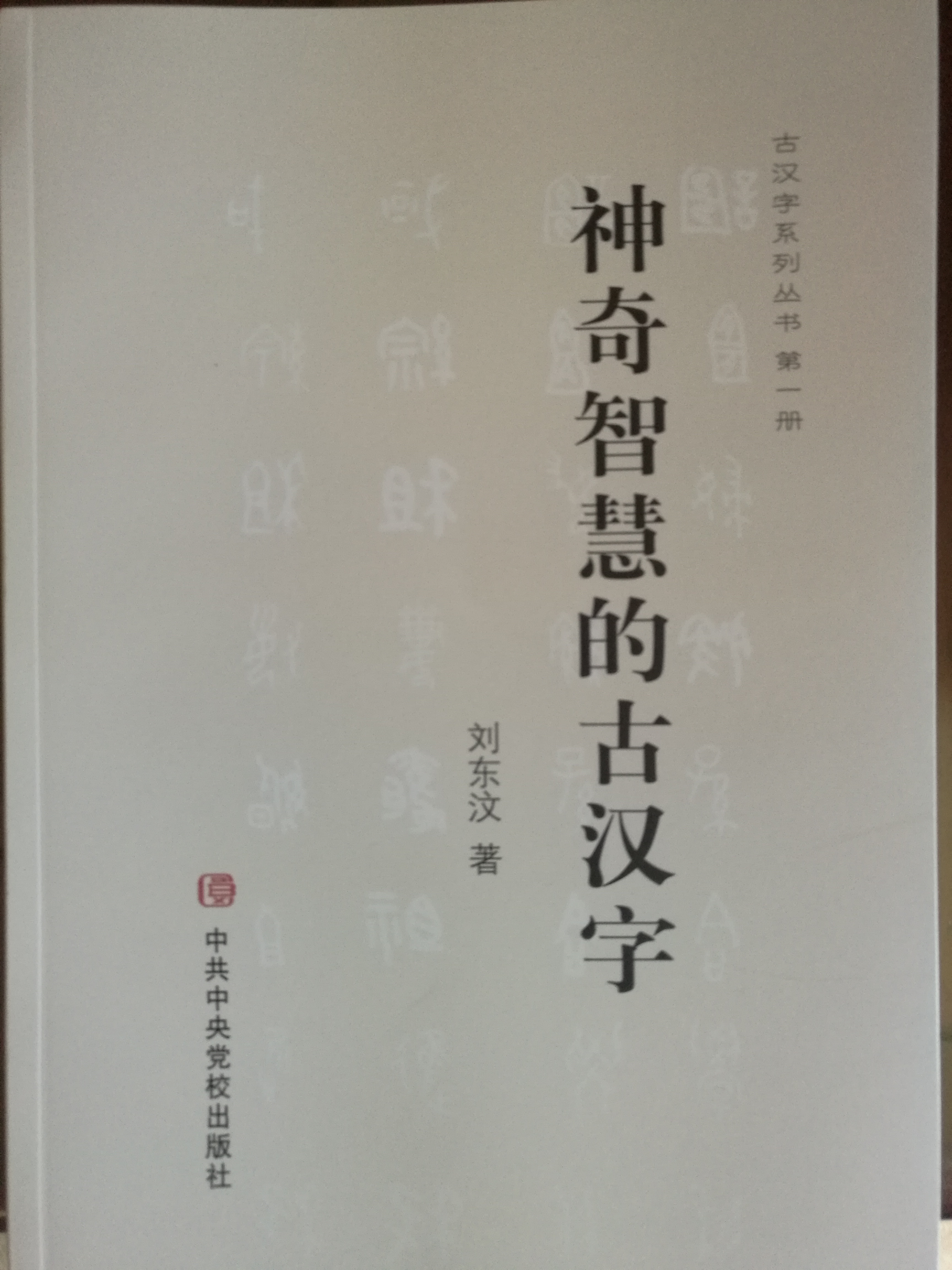
取 take
取:耳+又。Take: ear+hand(又)
在甲骨文中,“又”即为“手”。In oracle bone inscriptions, "又" means "hand".
“取”指的是古代部落之间、民族之间、国家之间往往发生战争,在计算将士战功时,以割下敌人的左耳朵的多少来计算,而后发布战报,斩获敌人多少首级。
Take:It refers to the war between ancient tribes, nations, and countries. In calculating the military achievements, the enemy's left ear is cut off, and then the war report is published to capture the enemy's number of heads.
这种计算战功的办法,比起以斩下敌人多少首级来计算战功要好,相对人道些。一是割敌人首级既不人道,也不卫生,特别是首级一般体积比较大携带不便,并且会腐烂发臭,可能传染各种疾病。因此以取下敌人的左耳朵多少来代替敌人的首级计算战功。只是对敌方的重要将领和主帅还是要取首级的,以便己方的将帅确认已经杀死敌方的重要人物,对把握敌方情况十分必要,同时,也可以防止有人冒领军功。在史书上有很多记载,某次战争占领多少城池,斩获敌人多少首级,俘虏多少敌人,以表明战争的激烈程度,以及胜利的成果有多大。
This method of calculating combat success is better than the number of heads of the enemy. The first is that cutting the enemy's head is neither humane nor hygienic, especially when the head is generally large in size and inconvenient to carry, and will rot and stink, possibly infecting various diseases. So take off the enemy's left ear to replace the enemy's head count. It is only necessary to grasp the situation of the enemy and to prevent anyone from taking credit for killing an important figure of the enemy, so that the commander of his side can confirm that he has killed an important figure of the enemy, and he still has to take the lead for the important general and manager of the enemy. There is a lot of record in the history books about how much a war occupied. The city shows the intensity of the war and the success of the victory by capturing the enemy's number of heads and captives.
“取”字本义是割取敌人多少耳朵(即斩杀敌人人数)的意思。“取”字最早往往与夺取敌人的城堡、要塞、阵地、打败敌人的队伍相联系。如秦国攻打赵国,取得十二城;冲锋陷阵,某某大将取敌人上将人头,如同“探囊取物”一样容易。 为何“取”字与战争相关,这与古代生产力低下,争夺生存资源有很大关系。应当说,时至今日生产力有了极大的发展,产生战争的主要压力——争夺生存资源的需要,已经大大减轻,人类应当把自己的主要力量放在发展经济,和谐自然环境上来,这才是当下人类最大的“取得”。
The original meaning of the word "take" is to cut off the enemy's ears. The word "take" was often first associated with the capture of enemy castles, forts, and positions, as well as the defeat of enemy troops. For example, Qin attacked Zhao and gained 12 cities. It is as easy as "the bag is in the bag" when the general takes the head of the enemy. The reason why the word "take" is related to the war is related to the low productivity in ancient times and the struggle for survival resources. It should be said that with the great development of productive forces today, the main pressure of the war, the need to compete for survival resources, has been greatly alleviated, and mankind should put its own main force on it. The quantity puts on the development economy, the harmonious natural environment, this is the present human biggest "achievement".
“取”字引申后,“取”是有所获得的意思。凡是得到某种事物、利益或者遭受灾祸,都使用“取”字。“取”与“得”往往联系在一起使用,通称为“取得”。比如,一方向另一方借取多少物品,一方向另一方取多少农具、粮食、马匹等。日常生活中的“取”字也用得很多,比如把东西拿过来,就是取的意思,如取图书、取画册等。
After the word "take" is extended, "take" means to get something. The word "take" is used to obtain something, benefit, or suffer disaster. "take" and "get" are often used together, commonly referred to as "get". For example, how much goods one side borrowed from the other, how much farm tools, grain, horses and so on from the other side. In daily life, the word "take" is also used a lot, such as bring things over, is to take the meaning, such as taking books, picture books and so on.
“取”字。《说文》: 捕取也。从又耳。《周礼》:“獲者取左耳”。《高级汉语字典》:从又,从耳。甲骨文字形。左边是耳朵,右边是手(又),合起来表示用手割耳朵。本义:(捕获到野兽或战俘时)割下左耳。The word "take". From ear to ear. Zhou Li: "take the left ear from the recipient". "Advanced Chinese Dictionary": from the ear, from the ear. The shape of the oracle bone. Ears on the left and hands on the right. To cut off one's left ear.
由“取”字组成的词组有:取舍、取得、争取、取消、取笑、索取、取款、窃取、选取、取材、取景、取道、取样、采取、听取、吸取、可取、取精用弘、获取、取经、取偿、取悦、取缔、取样品等。
The phrases composed of the word "take" are as follows: take or take, obtain, strive for, cancel, tease, demand, withdraw, steal, select, material, take the scene, take the path, sample, take, listen to, absorb, be desirable, take the best use, obtain, take the experience, take the compensation, Please, outlaw, sample, etc

